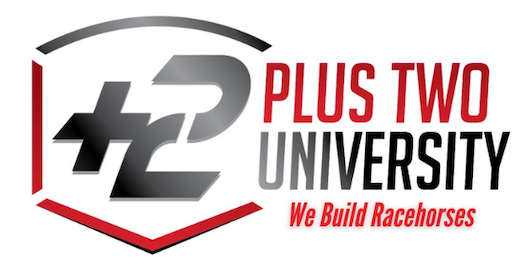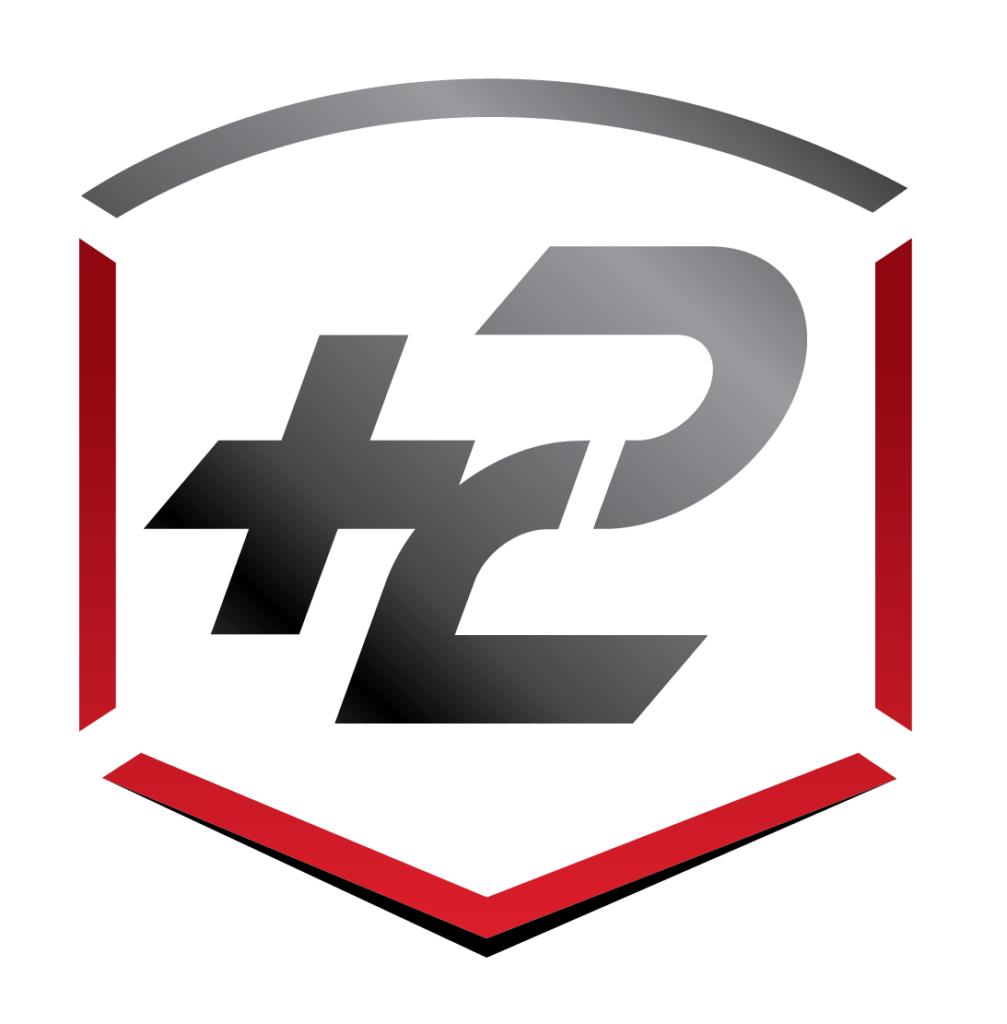After 20 years of performance training athletes from just about every sport, skill level and age, and becoming known for training the likes of LeBron James, Heisman Trophy winners Ron Dayne and Troy Smith, and many, many 1st round draft picks in both the NBA and the NFL, the NUMBER 1️⃣ question I get asked ?♂️ ?♀️ ( no other question comes close) is WHAT AGE CAN I START WEIGHT TRAINING MY KID, MY ATHLETE? . . After that question comes these. Is it safe? Doesn’t it stunt their growth? What lifts should they be doing in there? I think they are too young, but if they don’t start lifting with the team I’m afraid I’ll piss the coaches off, what should I do? Should I hire a trainer? It’s like a rapid-fire of questions and trust me ? I get it ! . . So let’s answer this question and let’s give you insight to how I personally feel about and view the topic. Not everyone will agree with my vantage point and that’s okay. These are my opinions that are based on and rooted in science as well as experience. I didn’t start out training the best athletes in the world. I actually started with youth and high school age athletes and so there was some trial and error, reflection, learning, understanding and correction / improvement of the process over the years. Also, I make it a habit to talk with and get input from people who are way smarter than me (PhD types ??) because learning never stops! . . So here we go ? . . . The first thing we need to establish is the difference between biological age and chronological age. What am I talking about? I’m talking about the child that is much more advanced in their physical development than all the other kids in their grade. ?♀️ Which kid is that? The one with armpit hair, striations (ripped muscles) in their arms and legs and a mustache!! . . ?♂️ We should check their birth certificate!! No probably not, you are witnessing a child who is “chronologically” 12 years old and “biologically” 14 or 15 years old. Their body is progressing through its growth earlier and at a faster pace. These athletes usually exhibit superior coordination, speed, jumping ability, strength and overall athleticism to their teammates. . ?? ***Note to VERY, OVEREXCITED parents about all the touchdowns your biologically advanced child is scoring in pee wee league or youth sports. There is a good chance their physical (not necessarily skill) progression will slow down and those they are beating like a drum ? will eventually speed up, catch up and physically match or likely surpass them down the road when it starts to really count. So, be careful about expectations with these athletes in their early and dominant stages – – Truth ? ? . On the flip side of that coin is the opposite scenario where you have a child who may be chronologically 12 or 13 years old and biologically 10 years old. Meaning, that they are behind their classmates in all those physical categories and maturity. . Certainly, the 3rd scenario is where the two ages match one another. . Now that we have established this, I will tell you that training should always be matched to the “biological” age of the athlete. . . . What is the absolute, Number #1 (Numero Uno) attribute, training goal, priority, focus, etc. that training for a youth athlete ( pre – pubescent) should develop and build in my opinion ??? . ✅ ???WORK CAPACITY ! What the heck is that? It’s the ability to be active and do physical WORK, to STRAIN, to EXERT, to get uncomfortable, to NOT QUIT when discomfort sets in, to build the body’s physical conditioning level! The ? is progress and pushing limits further and further over time. . . ?♂️How is this accomplished ?? I am a big fan of body weight training early on in the process. Push ups, sit ups, pull ups, bear crawls, planks, manual towel tug of war, running hills, running in sand, running period (love track), sand bag exercises, etc. These are all forms of resistance training and a weight room, free weights and barbells are not needed. I am also a big fan of making your young athlete push mow the lawn after a hard sport practice or workout. Say what?! You mean NO PlayStation 12 coach ???? Make them take the heavy trash cans out, pull the weeds around the house and any other physical work that needs to get done. . I’m talking about the total opposite of lazy!! I want a young athlete who learns and embraces how to WORK really hard and for extended periods of time. This takes some development of mental toughness to handle the physical discomfort when the body is put under stress. . ?♀️But I need to my athlete to get bigger and gain weight in order to play on the team. That’s what the coach says, and the kids are so much bigger. ?♂️ I got news for you !! Young athletes CAN get stronger by training but getting “bigger’ over the summer is NOT happening. An example of this would be if I tested an athlete to see how many push ups they could do in 30 seconds. The youth athlete does 5 push ups during the pre test. Then the youth athlete trains for 6 weeks by doing some forms of strength training and then does 12 push ups during the post test. That athlete got STRONGER ?. However, that athlete didn’t get any bigger. . . Their muscle mass or muscle size is the same. Why? ? The body will grow at the rate it is meant to grow and until an athlete hits puberty and hormone levels increase, gaining lean muscle mass and growth is out of the youth athletes control. I’m not talking about gaining FAT weight (that’s bad) by overeating, I’m talking about building bigger muscles! . . . So what about the weight room ?️♀️??♂️, coach? Is it bad and dangerous? Should i tell his or her sport coach they can’t go in there because they are too young??? The answer to that questions depends on this VERY important question that you need to get the answer to! . 1️⃣ HOW competent is the coach in that weight room doing the training ? and WHAT is the aim or purpose of the training ? and WHAT are they doing with your athlete ? and WHY??? . More specifically, do they know how to teach proper alignment of the body as it goes through motion? Especially, motion that resistance is applied to. Do they have realistic expectations of what the training program is and should be designed to accomplish? Do they know how to modify exercises when an athlete doesn’t have the coordination, flexibility or base strength to perform the prescribed exercise and still accomplish the original stated goal ??! These are important questions to get answers too. . The question posed about whether or not the weight room is bad or good doesn’t come with a “yes” or “no” answer. If you asked me if you should allow your child to run through a Viper ? pit, I can give you a definitive answer on that ??♂️?❌?. However, with the weight room question it’s not so simple. . I believe that weight training with free weights can be appropriate if the expectation and the goals are aligned properly. For example, in the past when I have trained young athletes in the weight room, the focus was always on teaching lifting technique and building coordination / motor learning for the musculoskeletal system of the athlete. It’s like crawling before you walk. Lifting MORE weight was NEVER the goal or the priority in these cases. The goals were ? 1️⃣ Lift with better technique and body alignment session to session 2️⃣ Build more work capacity session to session 3️⃣ Build more athleticism and coordination session to session 4️⃣ Build strength (not size) session to session NEVER at the expense of sacrificing #1 above – TECHNIQUE & ALIGNMENT! . . Anytime I wanted too make a young athlete really strain and deal with stiff physical challenges, it wasn’t with a barbell in their hands or on their back. We would go to body weight work and we would go hard !! Going hard is defined as ? Intense enough to force the athlete to push through discomfort ( i didn’t say EXTREME discomfort) and learn their boundaries and limits are beyond what they may have perceived. . . In summary, check these points out ? ✅ Resistance training is appropriate for young athletes. They do it everyday when they play sports and practice sports. It’s just in a different form. . ✅ Resistance training doesn’t JUST mean free weights, weight room, barbells, dumbbells, etc. Move the body against the ground, gravity, the wind, the hill, the sand, the WHATEVER! Work hard! Ok, now work harder! . ✅ Training should match skill level of the athlete (biological age) . ✅ Teach young athletes to work. Create environments for them to compete. Compete against fatigue and the desire to take it easy or quit when things get tough. . ✅ A young athletes BODY will build and grow when it’s ready to NOT when YOU or any COACH is ready for it to! . . . That’s enough to digest on the topic for now !
Ask questions, leave your feedback and comments below ?????. Would love to hear if this was helpful for you?!


